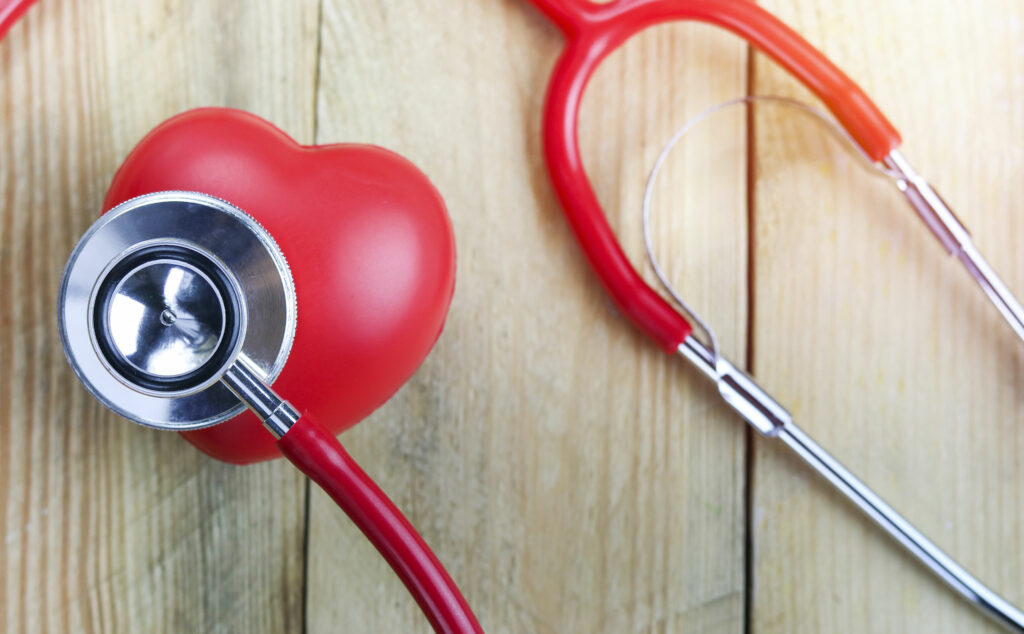Cardiologist
A cardiologist is a doctor who focuses on the cardiovascular system to diagnose, treat, and prevent diseases related to the heart, blood, arteries, and veins.
The cardiologist evaluates the patient’s symptoms and medical history, and, if necessary, recommends tests to make a more precise diagnosis and, in this way, decide if their disease or diseases will be treated with medication or another type of treatment.
Cardiology is very vast, so doctors tend to specialize in different areas. First, all cardiologists are clinical cardiologists who can diagnose, give pharmacological treatment, and get involved in preventing cardiovascular diseases. But, additionally, they can specialize in interventional procedures such as balloon angioplasty, echocardiography, and electrophysiology.
What diseases and conditions does a cardiologist treat?
Some of the subspecialties that cardiologists may focus on include:
- Transplant cardiology
This subspecialty allows treatment for patients with terminal heart failure and progressive health deterioration, whose last option is a transplant.
- Interventional cardiology
Doctors are dedicated to the diagnosis and treatment of heart and large vessel diseases such as veins or arteries through the use of catheters. - Adult congenital heart disease
Subspecialty focused on the care of patients with previously unknown cardiovascular problems, that is, they could even originate before birth. - Cardiac electrophysiology
Through the use of tests such as electrocardiograms, advanced heart monitoring, and the tilt table test, these subspecialists can assess symptoms of an irregular heartbeat, weakness, dizziness, or palpitations. - Advanced cardiovascular imaging
They interpret cardiac CT images and integrate test results into clinical practice. - Advanced heart failure
This subspecialty offers different treatment options such as open-heart surgery, percutaneous interventions, among others.
Various heart conditions can affect boys and girls, a situation that should be attended to by a pediatric cardiologist. Being in a stage of constant growth, pediatric cardiologists are specially trained in the diagnosis and management of these specific problems.
Cardiovascular diseases
All cardiovascular disease affects the heart and can narrow the arteries or reduce the amount of blood the organ receives, resulting in a work overload. Cardiovascular diseases are considered the main cause of death in the world.
Among the most frequent cardiovascular diseases, we will find:
- Angina
It occurs when the necessary blood does not flow into the heart due to the obstruction of the coronary arteries. - Hypercholesterolemia.
Excess cholesterol harms health. Usually, symptoms do not occur until the onset of vascular disease. - High blood pressure.
It increases the heart attack risk and appears from small arteries narrowing, which are responsible for regulating blood flow. - Myocardial infarction.
When an artery is blocked, a heart attack can occur, resulting in decreased oxygen to the heart cells causing their death, as well as the destruction of the heart muscle. A sharp pain in the chest is one of the most characteristic symptoms of this type of condition. - Heart failure.
It occurs when there is an imbalance between the heart’s ability to pump blood and the body’s needs. This failure can occur due to a heart problem or to the body’s needs.
- Heart rhythm disorders.
Although they are frequent, they do not necessarily imply the existence of heart disease. Some daily life situations can result in a heart rate that is slower or faster than normal. It should be reviewed with a cardiologist to rule out the existence of any other problem.
When to look for a cardiologist
The appearance of any cardiac pathology is related to signs that can prevent a serious cardiovascular event, which is why it is important to visit a cardiologist in case of detecting any of the following symptoms:
- Intense fatigue
Referring to heart conditions, fatigue is directly related to dyspnea, and shortness of breath, mainly after making minimal efforts such as climbing stairs or walking. - Erectile dysfunction
In the case of men, the inability to achieve an erection is not necessarily due to a cardiovascular origin, but it is possible that cardiovascular risk factors, such as high blood pressure, are present. - Swelling of the legs and ankles
Swelling in the lower limbs can be a sign of poor circulation, although there are factors such as humidity or environmental heat that can cause this change. It is advisable to see a cardiologist to find out the origin of the problem. - Dizziness
Syncope or pre-syncope is a type of dizziness named in cardiology that occurs when vision blurs spontaneously, even leading to sudden loss of consciousness with rapid recovery. - Palpitations
A clear symptom of cardiac arrhythmia. Although there are benign arrhythmias, it is important to see a cardiologist to rule out a more dangerous pathology. - Chest pressure or pain
A sign that can warn of the onset of angina, this sensation can also be seen in the arms, throat, back, or jaw. If you experience this sensation for four to 15 minutes and it appears after some physical activity or strong emotion, see your cardiologist as soon as possible.
At ABC Medical Center’s Cardiovascular Center, we can provide you with specialized care. Contact us!
Fuente:
https://www.saludiario.com/que-es-un-cardiologo-una-mirada-a-estos-especialistas-en-salud-del-corazon/
https://www.healthychildren.org/Spanish/family-life/health-management/pediatric-specialists/Paginas/What-is-a-Pediatric-Cardiologist.aspx
https://cardiavant.com/enfermedad-trata-un-cardiologo/


